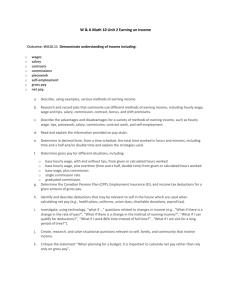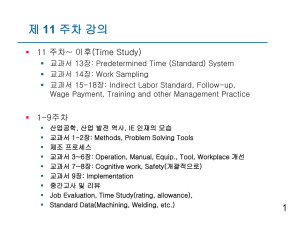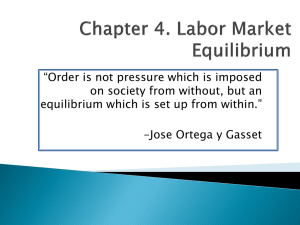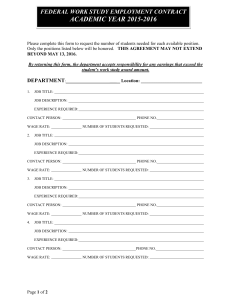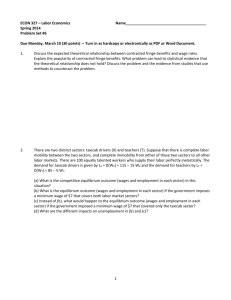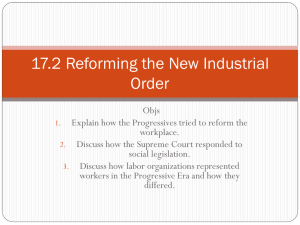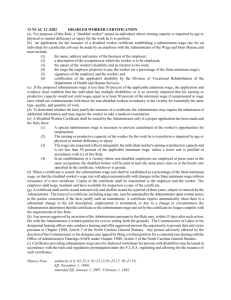Read More - Spectrum Health
advertisement
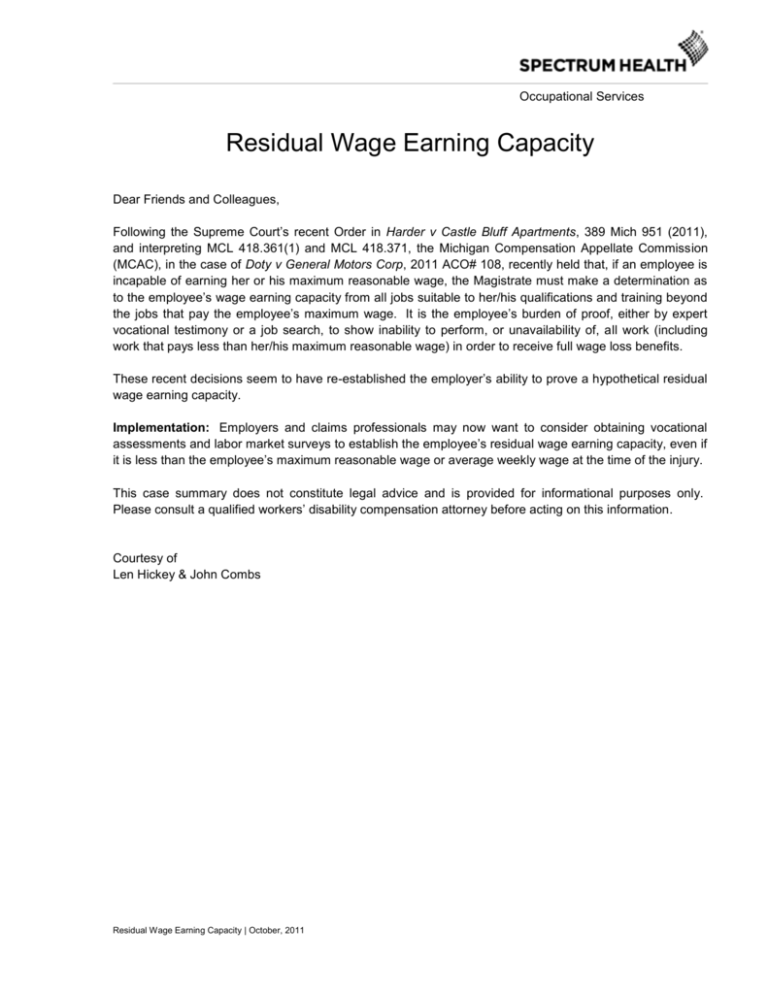
Occupational Services Residual Wage Earning Capacity Dear Friends and Colleagues, Following the Supreme Court’s recent Order in Harder v Castle Bluff Apartments, 389 Mich 951 (2011), and interpreting MCL 418.361(1) and MCL 418.371, the Michigan Compensation Appellate Commission (MCAC), in the case of Doty v General Motors Corp, 2011 ACO# 108, recently held that, if an employee is incapable of earning her or his maximum reasonable wage, the Magistrate must make a determination as to the employee’s wage earning capacity from all jobs suitable to her/his qualifications and training beyond the jobs that pay the employee’s maximum wage. It is the employee’s burden of proof, either by expert vocational testimony or a job search, to show inability to perform, or unavailability of, all work (including work that pays less than her/his maximum reasonable wage) in order to receive full wage loss benefits. These recent decisions seem to have re-established the employer’s ability to prove a hypothetical residual wage earning capacity. Implementation: Employers and claims professionals may now want to consider obtaining vocational assessments and labor market surveys to establish the employee’s residual wage earning capacity, even if it is less than the employee’s maximum reasonable wage or average weekly wage at the time of the injury. This case summary does not constitute legal advice and is provided for informational purposes only. Please consult a qualified workers’ disability compensation attorney before acting on this information. Courtesy of Len Hickey & John Combs Residual Wage Earning Capacity | October, 2011

